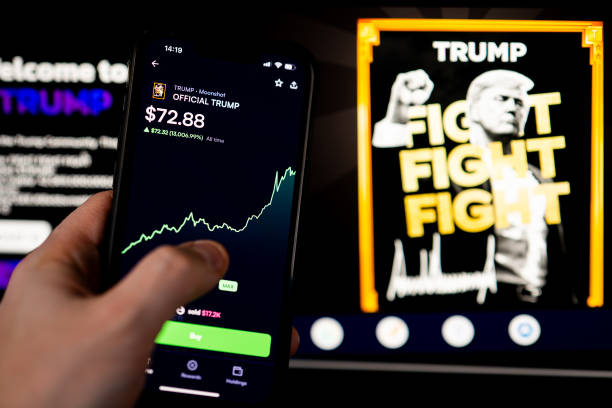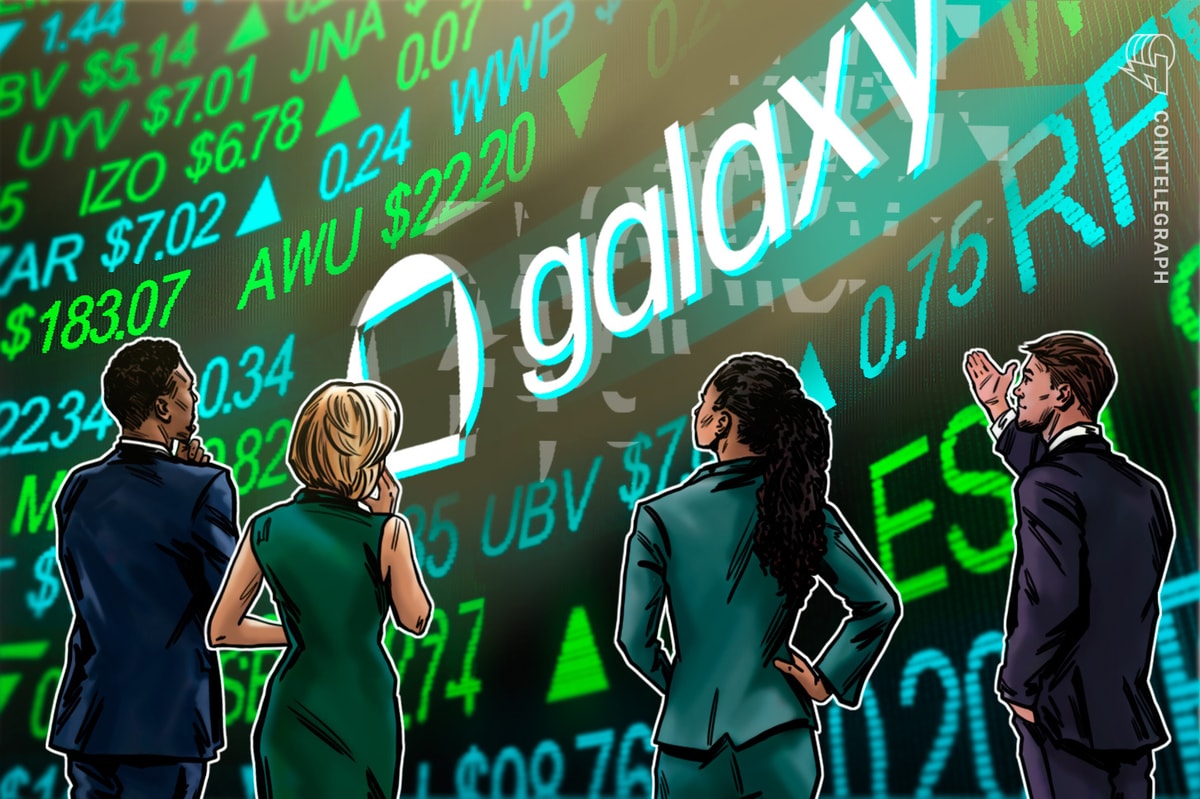
Central banks may begin to issue digital currencies of their own soon, according to the chief of the Bank of International Settlements (BIS), Agustín Carstens.
BIS, which fosters financial cooperation between international banks, intends to hasten the development of digital currencies by starting a new innovation hub that will help officials research and develop financial technology. Carstens said in an interview with the Financial Times that the BIS hub will be located in Sweden, Singapore and Hong Kong.
According to Carstens, several banks have begun to put in work toward establishing digital currencies, and BIS has been supportive of these initiatives. Banks in Sweden are particularly interested in developing digital currencies of their own.
“[I]t might be that it is sooner than we think that there is a market and we have to create our own digital currencies,” Carstens said.
This news comes after Facebook unveiled the development of the Libra Network. A tech firm with a product utilized by billions of users creating its own digital currency may serve as a threat to existing state currencies.
In its latest annual report, BIS stated that big tech outfits such as Facebook have the opportunity to become “dominant through the advantages afforded by the data-network activities loop, raising competition and data privacy issues.”
Any potential digital currency established by central banks, like Facebook’s libra, would not be truly decentralized in the same sense as bitcoin, as the banks would maintain central control.
Speaking with the Financial Times, Carstens raised some of the primary questions that central banks have for digital currencies.
“The issue is how will the currency be used?” he asked. “Will there be discovery of information, or data that can be used in credit provision and how will data privacy be protected? A very simple way to regulate this is to start with anti-money laundering rules. That is a very immediate and obvious concern.”
Carstens added that there needs to be regulation to level the playing field between big tech companies and banks, especially considering that the former have large customer bases and access to information and business models the banks may not have access to.










